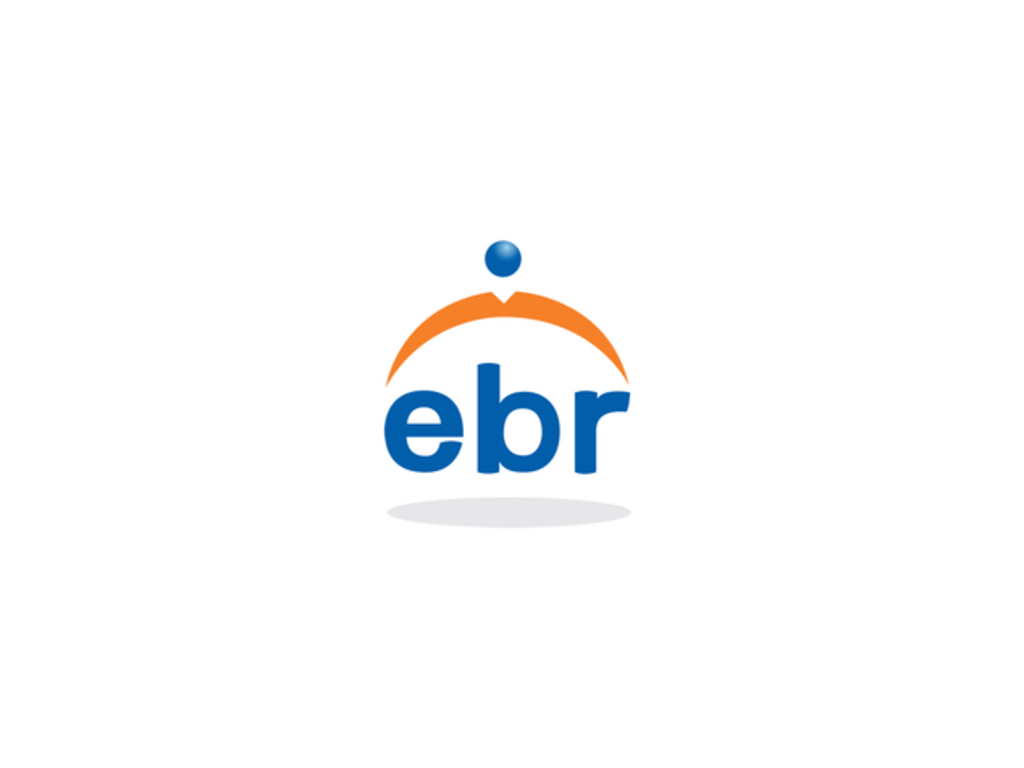published: 15 Oct 2020
5 min read | website: www.ebr.com.au
Remember the time and place are vital. Firstly, because you don't want to experience what you went through, and secondly, because context and tone can be misread in many of the ways we communicate. Giving your feedback in person is ideal, but if that's simply not possible, call them on the phone rather than emailing or messaging them.
Places where it's not okay to give feedback to your boss:
· Be specific:
Easily one of the worst ways to deliver constructive criticism to anyone, much less your manager, is to speak in generalities. The most effective feedback and the most well-received is centered on specific examples. This is why it's critical that you properly prepare for an upward feedback session and have notes that you can reference. One trick to help ensure your feedback is specific and non-confrontational is to eliminate the use of adjectives.
Think about it: If you were a manager, how would you feel being told you were 'domineering,' 'overbearing,' or 'authoritative' by an employee? Adjectives tend to come off as judgments or even attacks on a person's character, whereas specific examples can help illustrate how actions and behaviors are being perceived by and affecting others.
· Decide if it's worth it:
The first step in giving feedback to your boss is deciding if the feedback is even worth giving. While society seems open to offering an opinion on different matters, sometimes that means people say things that are better left alone.
Telling your boss that you think she's doing a process wrong in front of the team can ruin credibility and authority in an instant, especially if it turns out that she isn't doing it wrong; she's simply doing it differently than you would. While feedback is an important part of learning and growing, you should also take time to decide if the feedback is even worth sharing and what the ideal outcome of the discussion might be.
· Find the right time:
You should be having regular one-on-one meetings with your boss. If you're not, ask for them. This regular time together creates the forum to build a rapport, discuss challenges, successes, get feedback on your performance and ensure that you are tracking toward your goals. In other words, it creates a consistent and comfortable atmosphere for private conversations, like receiving and delivering feedback.
· Do it in front of their face:
Giving your boss feedback is nerve-racking, and you might be tempted to offer it through instant messenger or email. While having a real conversation is awkward, it's always best to give feedback face to face. When you send a message, you risk having a disastrous misunderstanding of tone, or the meaning may be misconstrued.

Are we missing something? Help us improve this article. Reach out to us.
















